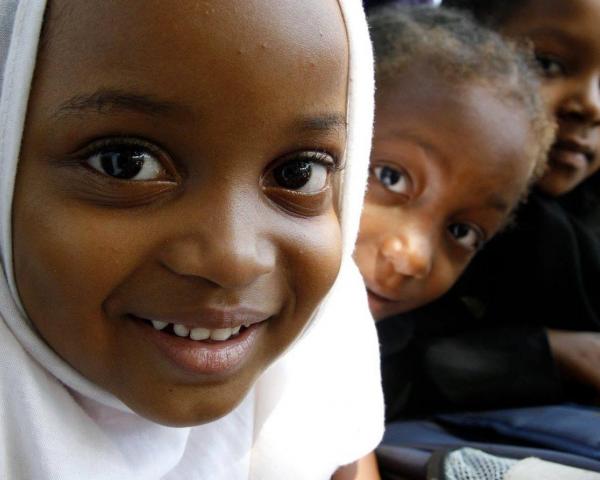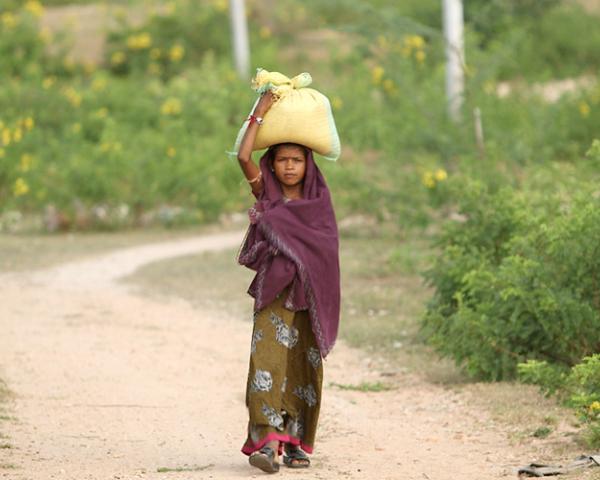The Bale Out of School Children Initiative

The Bale Out of School Children Initiative strives to provide education for out of school children (OOSC) and create conditions to significantly reduce the dropout rate in the Bale Zone of Ethiopia’s Oromiya region. Specifically, the project aims to increase the primary school net enrolment rate in the Dello Mena and Meda Welabu districts from 52% to 87% by December 31, 2016. Objectives include reducing the number of OOSC; reducing the overall grade 1-8 dropout rate; improving the net enrolment gender parity index; and reducing the rate of late entries to primary school. Execution of this project will enable breakthroughs in the barriers currently preventing school age children in targeted districts in the Bale Zone from accessing their right to primary education. Through this project, Imagine1day is building community awareness and mobilization, inspiring attitudinal changes towards education, building capacity and coordination of district and zonal education offices through active Project Advisory Councils, increasing access through school construction and furniture provision, building the capacity of the PTAs on school management, and improving the quality of education through professional development of teachers and provision of supplies and other materials.
Strategies to create systemic lasting results are employed on this project by focusing on building the leadership and technical capacity of key stakeholders who will influence the long-term impact of the project. Given the fiscal decentralization from the federal level to the regional and district levels, and the decision making autonomy that rests with each of the country’s District Education Offices, they will implement the proposed project activities, at varying levels, across all schools within the two selected districts. This will increase the likelihood of continuity and sustainability of the project.















